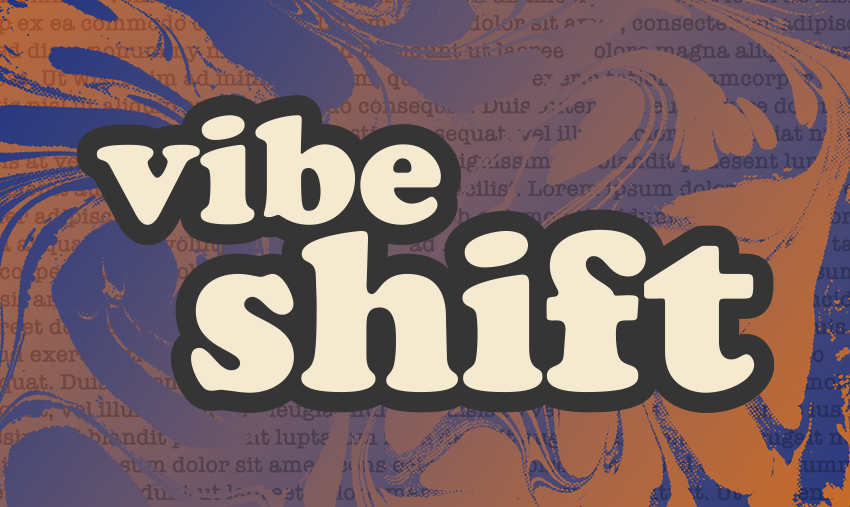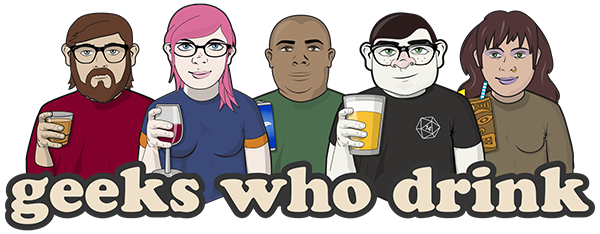Honor My Boundaries
‘Therapy Speak’ makes us want to lie on a couch–just not that way

Are you sometimes “gaslit” by your dog, who insists you didn’t feed him dinner when you know you did? Did you and your sister “trauma bond” after your reality-obsessed mom forced you to binge-watch every episode of Vanderpump Rules? Does your friends’ “self-care” regimen involve bottomless Sunday mimosas? If any of these apply to you, then you’ve been engulfed by Therapy Speak!
Though it’s touched off countless think pieces over the past few years (wonder why – Ed.), no one seems to agree on exactly what Therapy Speak is, or what it’s being used for. According to Bustle culture writer Rebecca Fishbein, “It’s generally formal. It might be language you pick up from a mental health professional. It might be language you pick up from, you know, social media or just talking to your friends.”
Most pieces do agree, however, that many consider it annoying, especially when it’s used to serious ends. In one of the more widely cited articles, Fishbein describes a woman, Anna, who was summarily-but-circuitously dismissed by a long-time friend: “I’m in a place where I’m trying to honor my needs and act in alignment with what feels right within the scope of my life,” the friend said, “and I’m afraid our friendship doesn’t seem to fit in that framework. I can no longer hold the emotional space you’ve wanted me to, and think the support you need is beyond the scope of what I can offer.”
Ouch. Personally, I’d strongly prefer a good old-fashioned “you’re dead to me” – and I’m not alone. As Anna goes on to tell Fishbein: “It felt like she was ending the friendship with an HR memo.”
Professional therapists are divided on widespread use of the terms of their trade, particularly when they’re used inaccurately or extended beyond their logical scope. In a 2023 article for The Guardian, therapist Eleanor Morgan equivocates about the merits of Therapy Speak after speaking with colleagues and patients. But she ultimately accepts that its proliferation may just be the easiest way to express the unique emotional difficulties of life in modern society.
On the other hand, Dr. Jonathan Shedler argues in the same piece that it’s inauthentic and distancing: “What we’ve got now is this kind of pop-psychology language of clichés, abstract concepts, and turns of phrase that are so different from speaking from the heart.”
Either way, it’s clear that Therapy Speak isn’t going anywhere anytime soon. Keep your ears peeled for it in real life, and on reality shows like Love Is Blind, as well as in scripted shows like You. And if you feel like it’s being weaponized against you, the therapists have some advice for that too: Ask for clarification as necessary, focus on the person’s feelings rather than how they trying to convey them, and be curious about their experience.
Actually, that sounds like good advice for any conversation. Thanks, therapists!
Vibe Shift is a column by linguist Nicole Holliday that examines how words and phrases are moving across the internet. Each month, we’ll explore new topics related to how the language and culture are changing.
